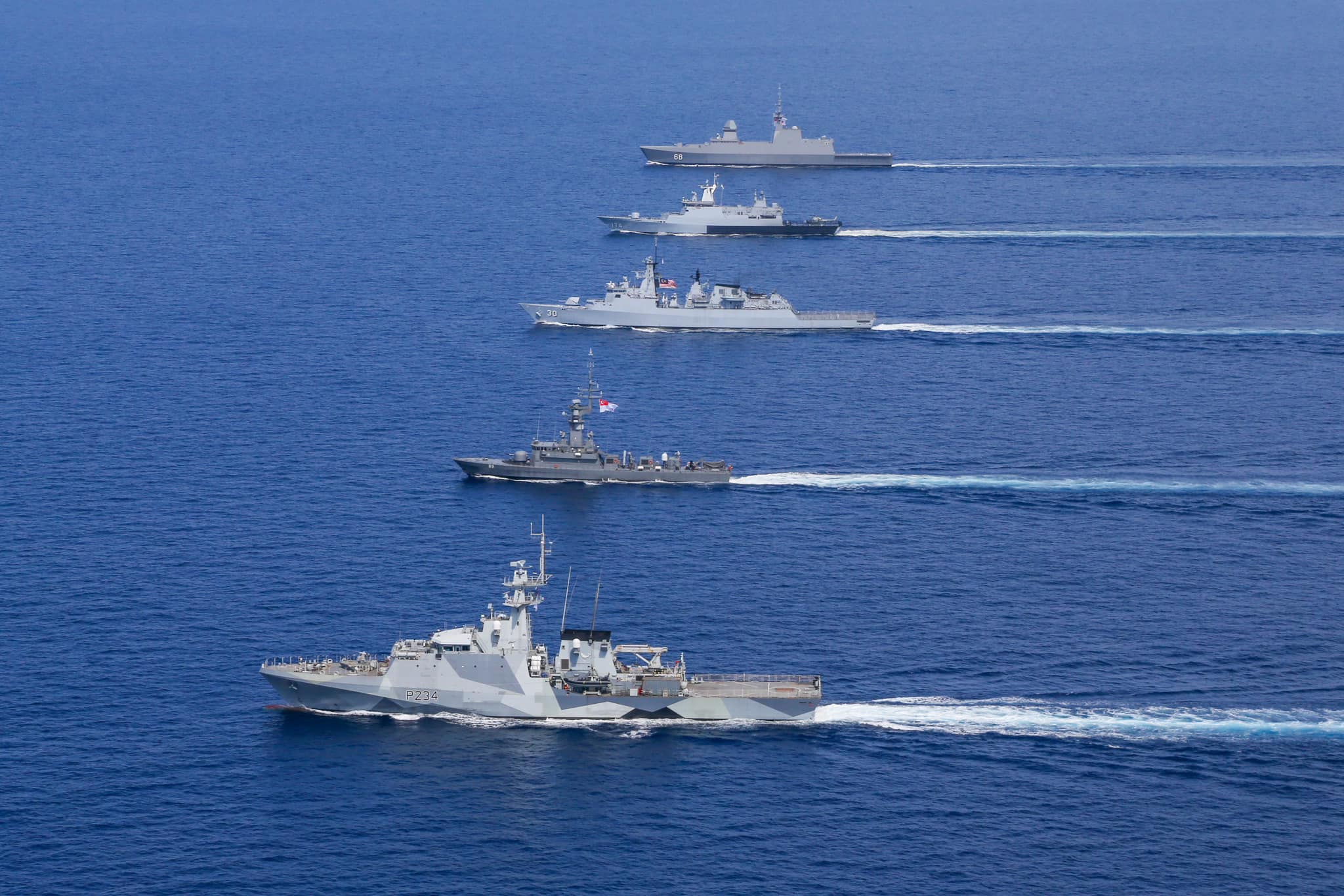KUALA LUMPUR – An upcoming dialogue between Putrajaya and Beijing on the management of maritime issues in the South China Sea, which is expected to take place this week in Langkawi, has the potential to undermine Malaysia’s exclusive economic zone (EEZ) rights.
It is understood that the bilateral meeting, expected to be attended by high-level officials from both nation-states, is aimed at creating a bilateral mechanism which could grant China oil and gas exploratory rights in Malaysia.
This dialogue is expected to renew interest in a 15-year-old bilateral agreement between Putrajaya and Beijing concerning marine science and technologies cooperation, which appears to allow China’s involvement in Malaysia’s sensitive maritime matters.
The agreement, sighted by Scoop, assigns Malaysia’s Science, Technology and Innovation Ministry and China’s State Oceanic Administration (SOA) as the authorities responsible for implementing the cooperation.
The SOA, which oversees and protects China’s maritime rights and interests, falls under China’s Ministry of Natural Resources.
In September 2023, the ministry faced international backlash after issuing a map of China’s territories that included a vast section of the South China Sea, a region also claimed by several Asean nations, including Malaysia.
The bilateral agreement – inked on June 3, 2009 – is focused on 12 maritime areas, including integrated coastal zone management, ocean disaster reduction, satellite and remote sensing cooperation, the development of marine equipment, and the exchange of marine information and data.
However, what appears more concerning is that the bilateral cooperation includes provisions concerning seabed resource exploration in Malaysian waters.
Also, given that Asean provides Malaysia with a platform for energy cooperation, it questions the need to include China in a separate bilateral agreement.
“Any new mechanisms with China may alienate Asean and make Malaysia vulnerable to China,” said a source when contacted by Scoop.
On the surface, such bilateral activities with Beijing appear contrary to Malaysia’s consistent refusal to recognise China’s claim in the South China Sea despite several challenges over time.
In fact, according to a Benar News report earlier this month, the Asian Maritime Transparency Initiative (AMTI) said Malaysia has expanded its oil and gas exploration activities despite the Chinese coast guard’s aggressive posture in the South China Sea.
So far, China, which promised to endorse Putrajaya’s membership in the global BRICS alliance, has not made any attempts to impede Malaysia’s activities, possibly owing to the fact that hostilities in an oil-rich marine zone could compromise the biodiversity in the area and draw international condemnation.
However, consideration must also be given to the China-Philippines Bilateral Consultation Mechanism which began in 2017 to work towards practical cooperation in the South China Sea but appears to have failed after Beijing’s vessels reportedly rammed into Filipino ships and blasted them with water cannons at the Second Thomas Shoal last month.
China and Vietnam also signed the Agreement on Basic Principles Guiding Resolution of Maritime Issues between China and Vietnam in 2011, but it did not prevent Beijing from relentlessly pursuing its claims in Vietnam’s waters.
Titled ‘Agreement on Cooperation in the Field of Marine Science and Technology between the Government of Malaysia and the Government of the People’s Republic of China’, it is understood that the implications of this agreement may not have been properly communicated to other respective ministries in Malaysia or the Dewan Rakyat.
It is also understood that the Sabah and Sarawak state governments have not been consulted about this.
The agreement was signed by both representatives of the Malaysian and Chinese governments, but the signatories were not named. – October 17, 2024

